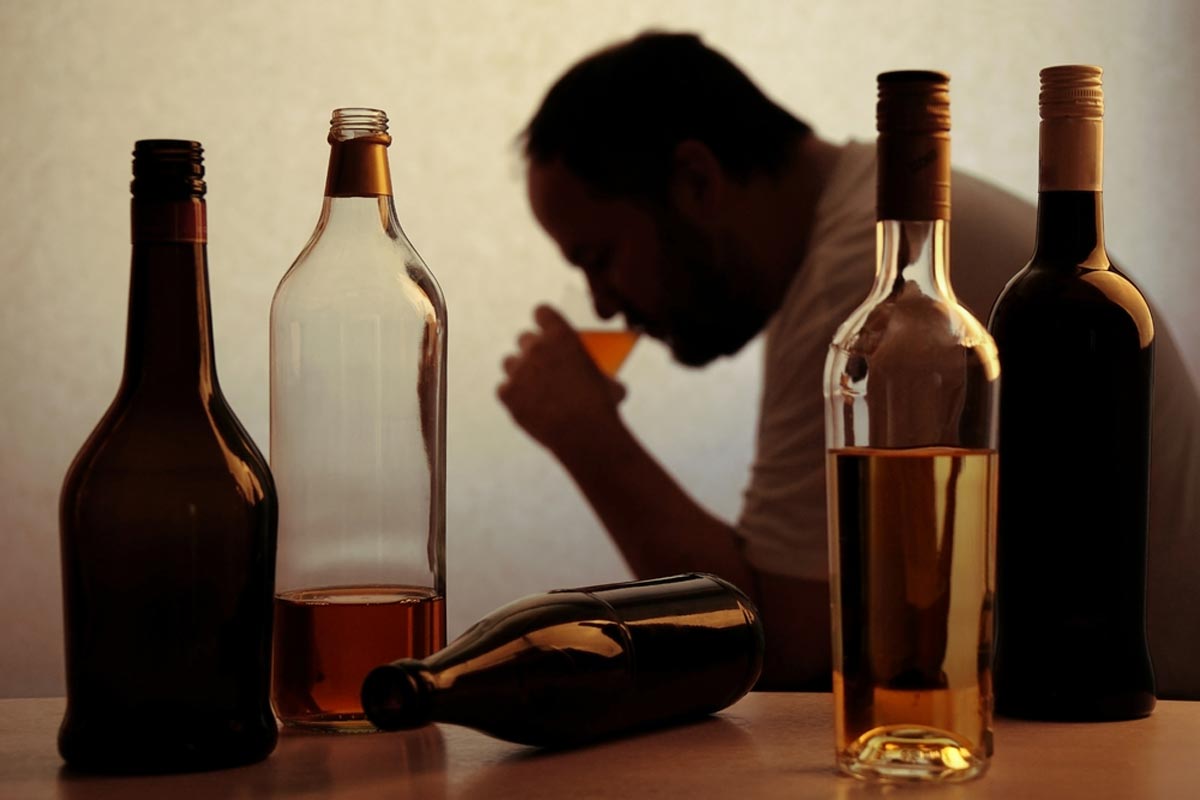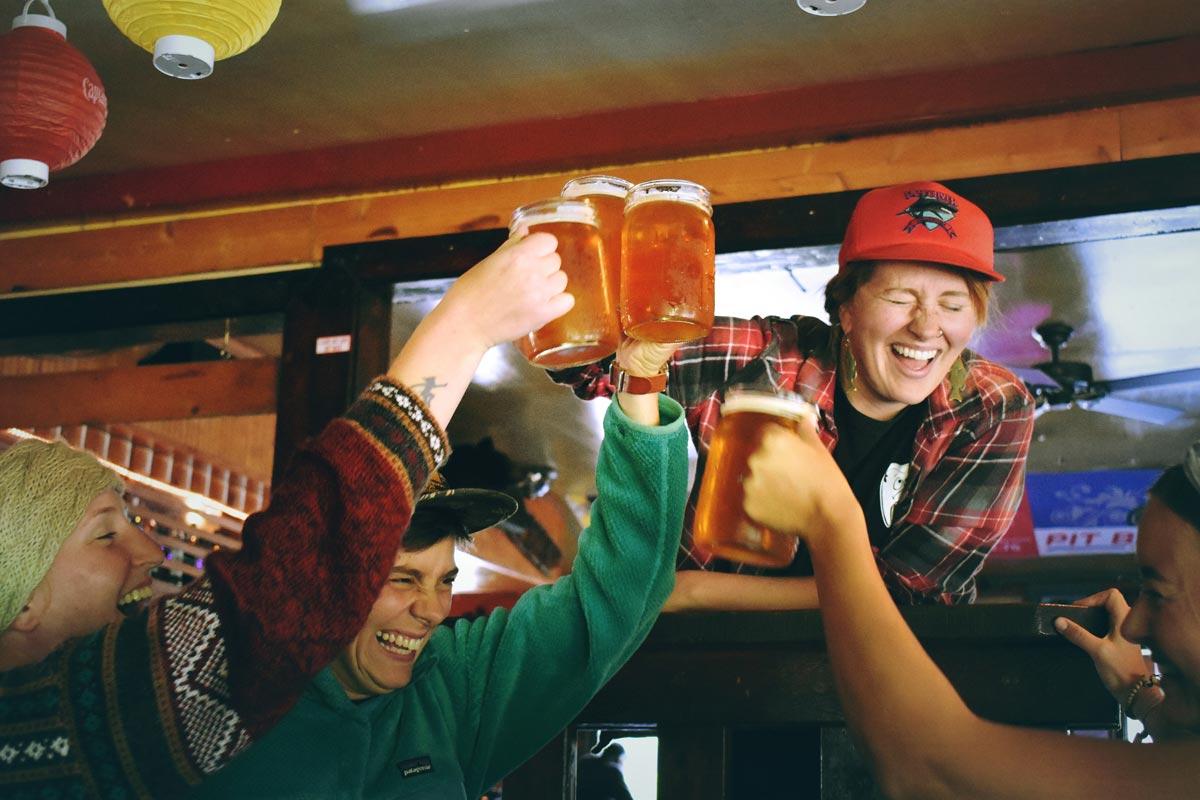known cure, but we can treat use disorders, and individuals can maintain a program of recovery. Our mission is to show people who …
Alcohol Use, Even Moderately – Impacts Brain
and permanent brain damage resulting in learning disabilities, as well as cognitive and motor function damage. And that is just …
Continue Reading about Alcohol Use, Even Moderately – Impacts Brain
Binge Drinking Among Young Adults Increases
For a substance that is so addictive, with an impact on the body which kills far more people every year than any other substance, …
Continue Reading about Binge Drinking Among Young Adults Increases
Your Addiction Recovery On Memorial Day
lead to a full blown relapse that goes on for an extended period of time, such is often the case. Relapsing is easy, plugging …
Continue Reading about Your Addiction Recovery On Memorial Day









